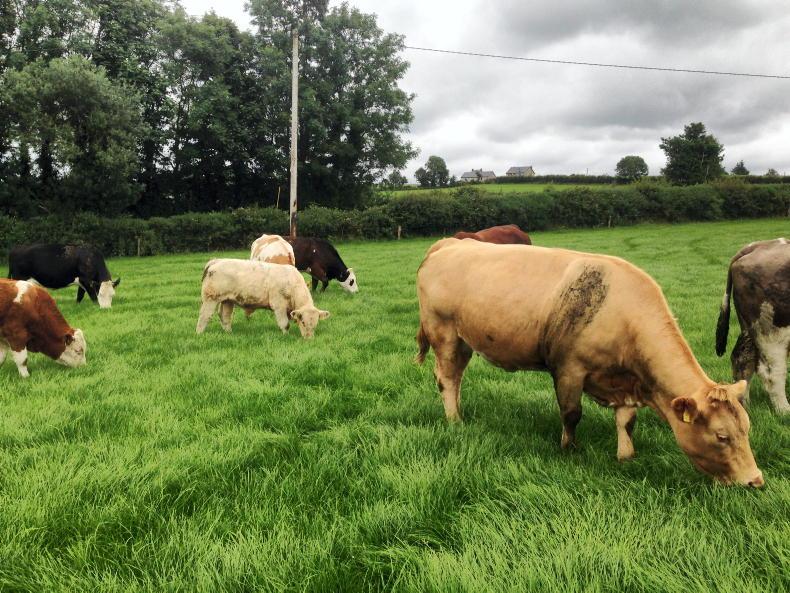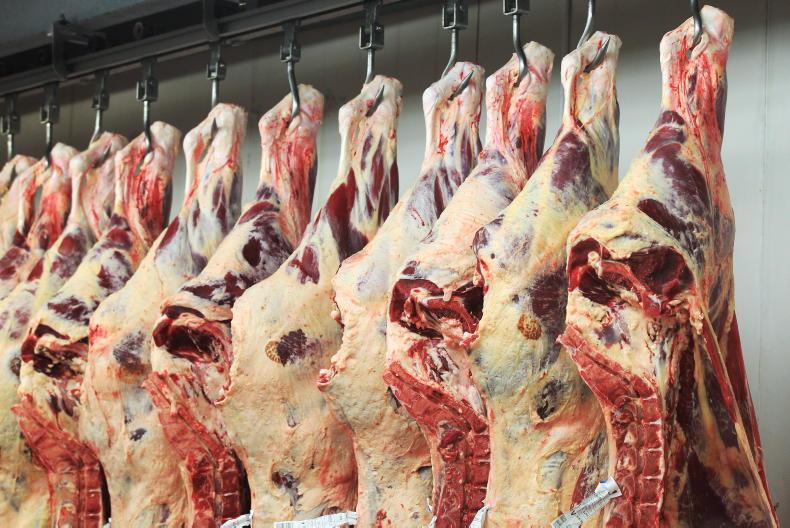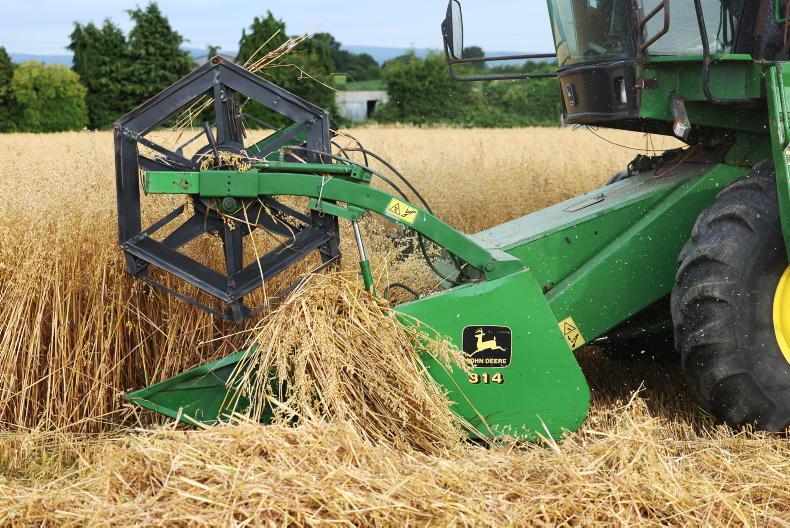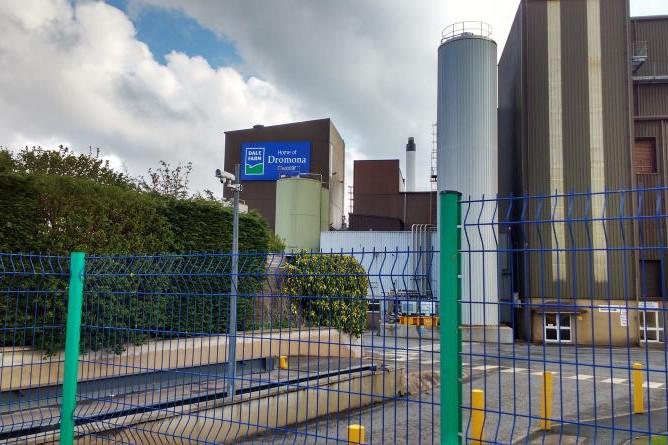A more sustainable farming model may require a different market approach.
Rather than remove meat from the menu or introduce lab-grown meats, Honest Burgers in the UK is tackling its carbon footprint at farm level.
The chain, with more than 40 restaurants across the UK, is working with regenerative farmers to source beef that has a lower climate and environmental impact.
The solution to its emissions problem has come from Grassroots, a company connecting regenerative farmers to big brands.
Regenerative farming is an agriculture system that puts more back into the environment and society than it takes out, according to Bord Bia.
Grassroots has very effectively marketed itself as a solution for big brands tackling sustainability.
Grass-fed beef
According to co-founder of Honest Burgers Tom Barton, the business couldn’t talk about sustainability without talking about the biggest ingredients that they buy, which is beef and meat.
Using grass-fed beef, the business considered that it had ticked the sustainability box.
However, it conceded that, as a big business with a large impact on the environment, it had more to do.
Rather than offset the emissions generated by the business, it set about improving the carbon footprint. By the end of 2022, 12 Honest restaurants were using beef from regenerative farms, with a target of all restaurants by the end of 2024.
The business works by buying the whole animal from the group of farmers. Prime cuts are sold on to other restaurants and businesses.
The collaboration between Honest Burgers and Grassroots is a small but interesting example of the type of supply chain collaboration that may be possible for farmers who are committed to farming for environmental gain.
While farming is widely platformed as a problem that needs to be fixed, Grassroots is presenting its output as a solution for brands that use red meat.
Recognising that consumers will be more committed to eating meat with a lower environmental and climate footprint, this group of farmers can provide the solution which in time they will back up with data.
The EU’s Farm to Fork strategy will continue to drive farming in this direction. However, farmers will struggle to make a return where this output must compete in volume markets.
Irish beef farmers will have to decide what system will underpin their long-term economic survival.
While the reopening of the Chinese market to Irish beef has been widely welcomed, it will not solve the problems facing Irish beef farmers. It may underpin prices in the short term.
But farmers must consider the ability to compete in massive markets in the medium term as European costs of production increase. A more sustainable farming model may require a much different approach to markets in order to generate an acceptable return for farmers.








SHARING OPTIONS